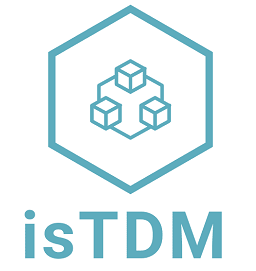Purpose:
GitLab offers a location for online code storage as well as tools for CI/CD and bug tracking. The repository allows users to inspect previous code and roll back to it in the event of unforeseen issues. It also enables hosting alternative development chains and versions. Additionally, it offers complete DevOps capabilities for the entire software development lifecycle. Development teams can automate writing and testing their code using GitLab’s continuous integration (CI) features. GitLab is free for people and supports both public and private development branches. (Git Lab, 2022) (TechTarget, 2022)
How this tecnology can be used?
This tool needs to be installed and configured on the project’s work environment. Detailed instructions for getting started with GitLab can be found clicking here.
Prerequisite for use it:
The prerequisites for using GitLab depend on the type of service and infraestructure required. More detailed information about the prerequisites can be found in the official pages of GitLab: instructions to install GitLab e and its documentation.
Supported TD type(s): Build
Supported TDM activity (ies): Prevention, Identification and Monitoring.
Source/Input Artifact(s): Source Code
Project Context, Programming Language or Domain Application: GitLab is independent of project context, programming language and domain application.
Evidence Type(s): Source(s): Case Study.
Reference:
